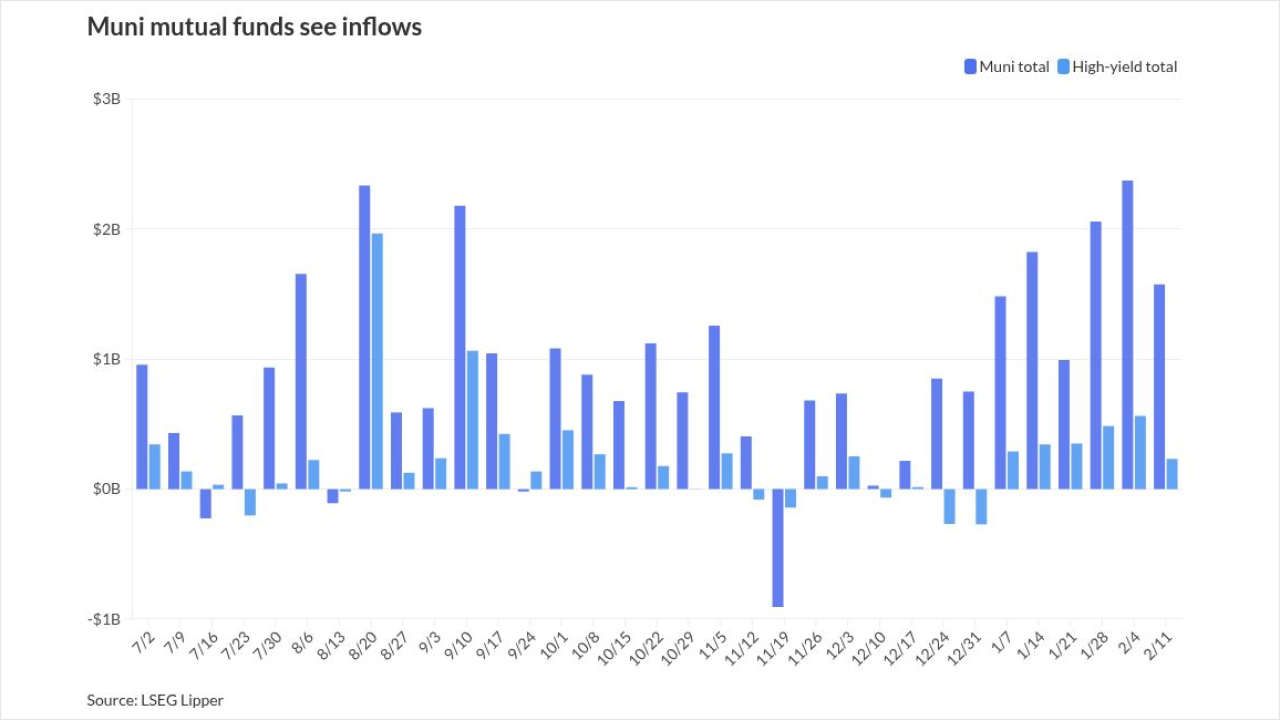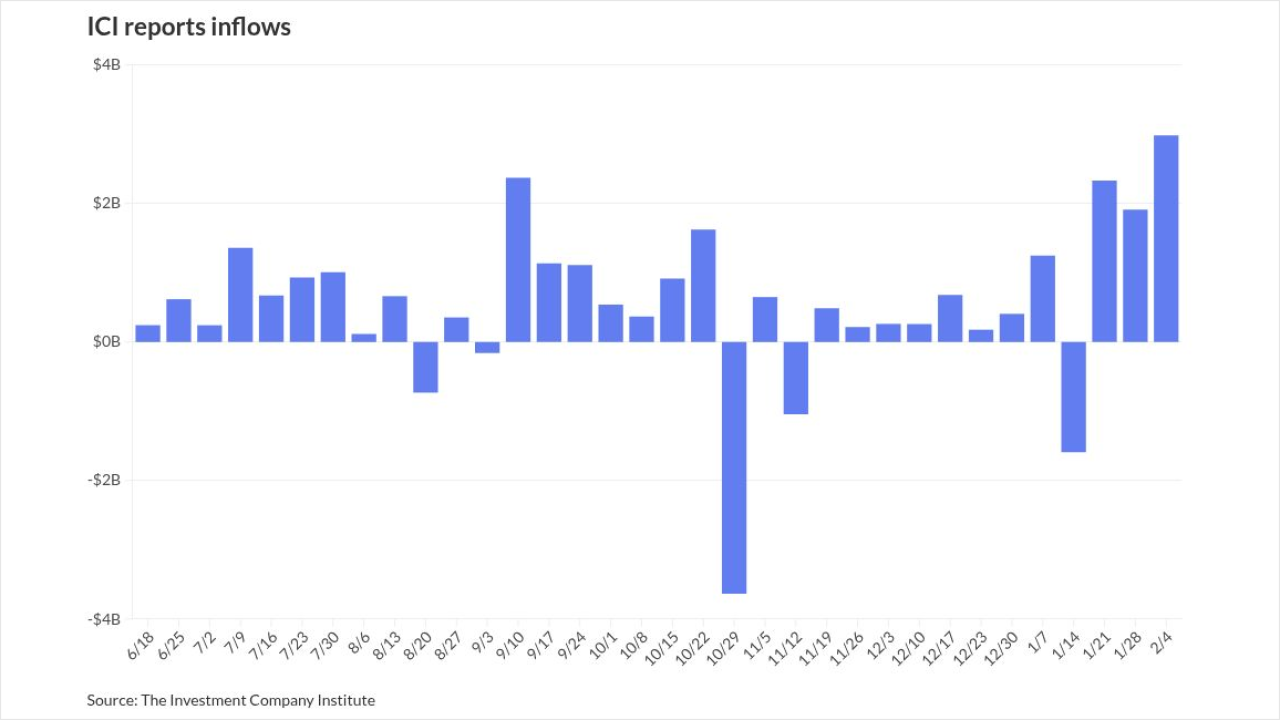WASHINGTON — Municipal advisors have responsibilities under existing federal law even though federal regulators have not developed new rules governing advisory practices, as required by the Dodd-Frank Act, a Municipal Securities Rulemaking Board official said Monday.
Speaking at the Council of Infrastructure Financing Authorities’ federal policy conference here, MSRB deputy executive director Ernie Lanza said it is important that municipal advisors remember that they have fiduciary duties under the Dodd-Frank Act. Such duties compel municipal advisors to act in their client’s best interests and put those interests first, ahead of their own.
In addition, Lanza said advisors have existing obligations under state laws, as well as the MSRB’s Rule G-17 on fair dealing. That rule prohibits advisors from engaging in deceptive, dishonest, or unfair practices.
“If you are an issuer, you should be able to hold your advisor to a standard of loyalty and care” for your benefit, Lanza said.
He added that the board is in the early stages of developing a professional qualification exam for municipal advisors.
The MSRB’s rules for municipal advisors, when finalized, will only help define advisor’s existing obligations, he said.
“What is pending is MSRB rulemaking to flesh out the nuts and bolts of what it means to have a fiduciary duty,” Lanza said.
Lanza made the remarks just after the Securities and Exchange Commission issued a report saying it expects to fully implement its oversight responsibilities with respect to municipal advisors and entities registering in connection with its security-based swap regulatory regime during fiscal 2012 and 2013.
The SEC talked about the timeframe of its municipal advisor rules in the 63-page report, which was sent to Congress on Friday and was called “Report on the Implementation of SEC Organizational Reform Recommendations.”
Dodd-Frank required the SEC to hire an independent consultant to review its structure, funding, and practices and then directed the commission to file reports on its progress in implementing those recommendations. This is the first such report the SEC has completed.
Dodd-Frank required the SEC and the Municipal Securities Rulemaking Board to register and oversee the activities of municipal advisors. The commission and board each began registering muni advisors. But the SEC proposed to broadly define muni advisors, and that drew thousands of letters of protest from market participants and members of Congress.
The commission had planned to finalize the registration rules and definition of muni advisor by the end of last year, but then extended the deadline through Sept. 30, 2012. As a result, the MSRB, which had proposed several rules and rule changes for muni advisors, withdrew them until the SEC settles on a final definition of the term.
In the report to Congress, the SEC also said it expects, before Oct. 1, to create a new independent Municipal Securities Office that reports directly to the chairman, as was required by Dodd-Frank.
However, in creating the new muni office, the SEC appears to be ignoring at least one recommendation made by the Boston Consulting Group, which it hired to do the Dodd-Frank-mandated review.
In recommendations sent to the SEC in March 2011, the BCG questioned the wisdom of creating an independent muni office, saying this would require additional overhead, increase organizational complexity, further fragment the commission, and “impede collaboration across offices that perform similar regulatory functions.”
The report also said the SEC is strengthening its oversight of SROs by shifting to a risk-based examination approach and convening an internal cross-SEC-SRO working group, as well as increasing communications through a communication plan and an outreach program.
The commission held its inaugural SRO outreach conference on Jan. 12, which it said was attended by more than 100 senior leaders from the exchanges, FINRA, and the MSRB.
The report said the SEC is increasing its oversight of FINRA and has a review of the SRO underway that will address its governance, funding, effectiveness of rules, and transparency, among other things. The review is being conducted by the SEC’s Office of Compliance Inspections and Examinations and is expected to be completed by the middle of 2012. The commission plans to file interim and final reports on the review and will also issue a FINRA oversight action plan that is focused on key risk areas.
The SEC noted that in addition to overseeing muni advisors, it is tasked with overseeing 11,700 investment advisors, almost 4,500 broker-dealers with more than 160,000 branch offices, and 9,700 mutual funds and exchanged-traded funds.
In addition, the commission said it is responsible for reviewing more than 9,100 reporting companies, including tens of thousands of disclosure documents filed each year, as well as initial public offerings, and other corporate transactions.
On top of that, it oversees about 450 transfer agents, 15 national securities exchanges, nine nationally recognized statistical rating organizations, eight active clearing agencies, the Public Company Accounting Oversight Board, FINRA, the MSRB, the Securities Investor Protection Corp., and financial markets where more than five billion share of common stock are traded each day.
The SEC said that while smaller investment advisors will transition from SEC to state oversight during 2012, it has been given responsibility for overseeing advisors to hedge funds and other private funds, resulting in a total of 10,000 investment advisors with about $44 trillion under management.





